As the demand for new buildings grows at home and abroad, companies must look for ways to adapt or keep up. The integration of different technology in construction is one whose impact has revolutionized the industry.
New technologies are being unveiled daily, forcing the industry to evolve, and what was once seen as slow or traditional is experiencing a technological revolution, reshaping how projects are planned, designed, and executed.
In this article, I will write about some of the various types of construction technologies that have emerged in recent years. I will also delve into the benefits and challenges associated with these technologies. So, join me as I uncover technology’s impact on the construction industry today.
Understanding construction technologies – Types of construction technology
Technology in construction encompasses various specialized tools that are used in the industry. These specialized technologies include the following;
1. Building information modeling (BIM)
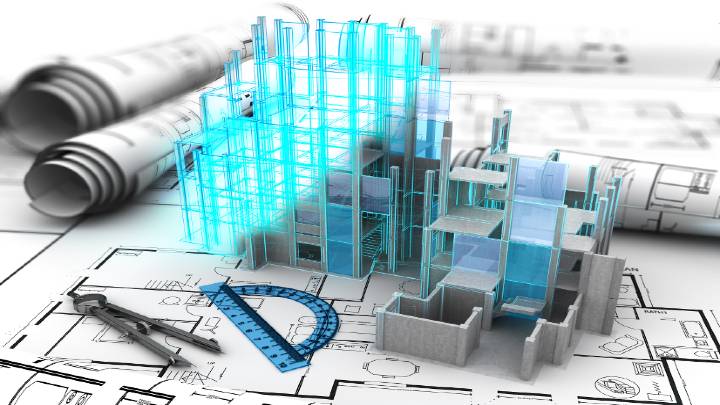
Building information modeling is a specialized tool that allows for creating and managing buildings’ physical and functional characteristics. This provides valuable information throughout the entire lifecycle of a project, fostering better decision-making and reduced errors.
Furthermore, building information modeling uses 3D models to enhance project planning and visualization. This allows for a better understanding of the building’s components and potential issues before construction begins.
2. Drone and robotics
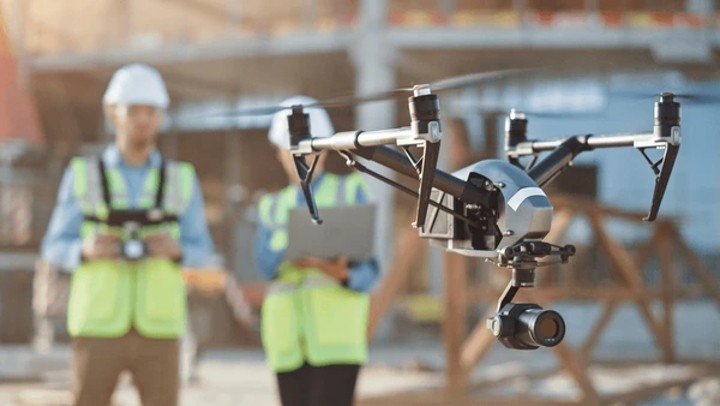
Today, drones and robotics are used in the industry for effective land surveys and inspections. They provide accurate data, allowing more precise measurement and project scope assessment.
Additionally, these technologies are used to collect data from areas that might pose potential risks, eliminating the need for construction personnel to physically enter areas that might be hazardous.
3. 3D printing
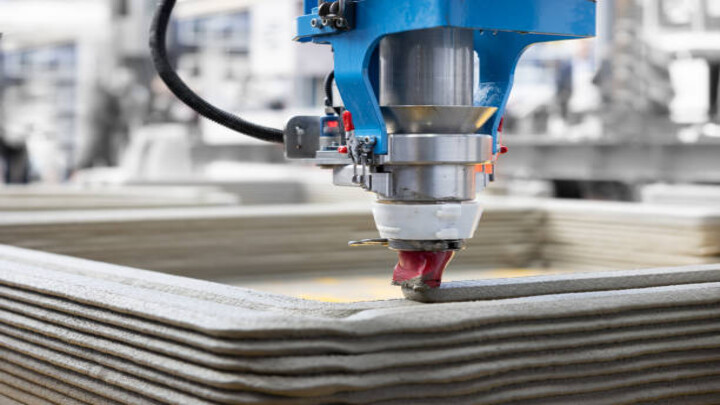
Rapid prototyping of a building’s components through 3D printing is another technological advancement the industry utilizes. This technology allows for efficient and precise production, reducing the cost and time spent on traditional construction methods.
Additionally, by using 3D printing, contractors can reduce construction waste and optimize material usage. All of these contribute to a more sustainable approach to building projects.
4. Virtual reality (VR) and augmented reality (AR)
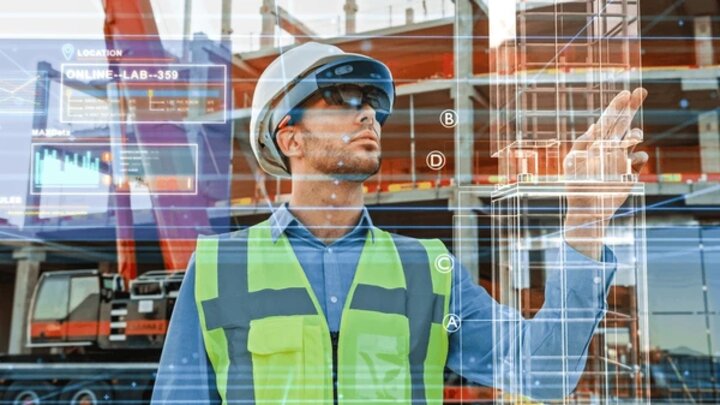
Through the use of virtual and augmented reality technologies, the client can experience a realistic representation of their building before it is even constructed. This allows for changes and modifications that can be viewed instantly, enhancing communication and reducing delays.
5. Internet of Things (IoT)

The Internet of Things or IoT covers all devices that are embedded with sensors, processing abilities, and the ability to connect and exchange data. These devices or systems utilize the internet or other communication networks to maximize productivity by streamlining operations. Construction companies harness IoT technologies for smart building automation and real-time equipment management.
6. Autonomous heavy equipment
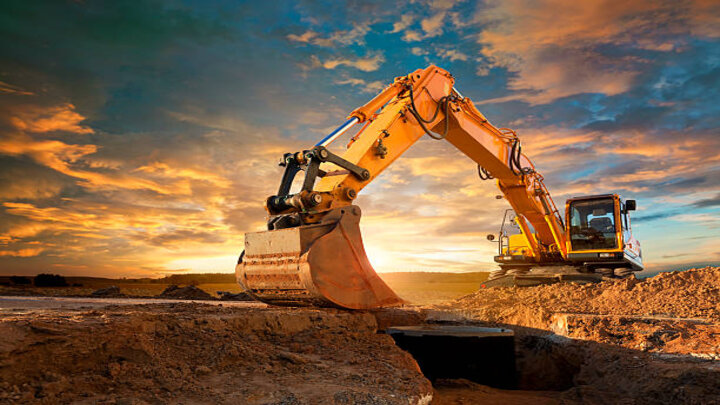
Autonomous heavy equipment or technologies are used in construction sites to perform various tasks. These self-driven machinery (sometimes controlled via a tablet) reduce labor costs and enhance the effectiveness and efficiency of construction work.
7. Mobile technology and applications
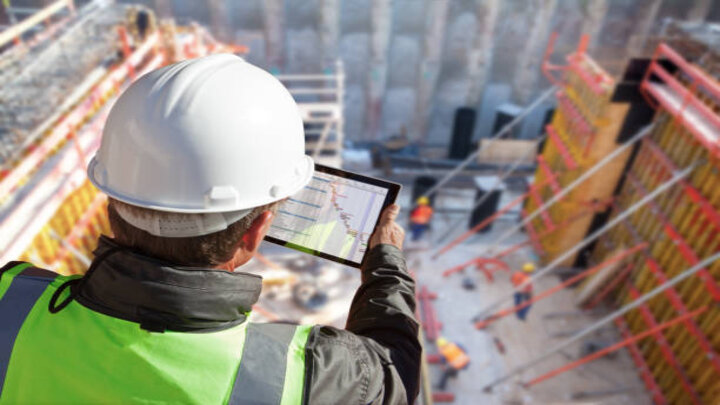
The use of mobile technologies and applications has made communication and collaboration easier. Construction workers can quickly access and share information, streamlining the entire decision-making process.
In addition, construction workers can attend meetings, share building plans, and give updates on a project to stakeholders via their phones. This eliminates the need to travel back and forth between the office and the construction site.
The impact of technology on the construction industry
Construction technology has completely revolutionized the construction industry. Many new technologies are driving sustainability practices, and some are reducing the risk of accidents and ensuring workers’ safety. Let’s have a full breakdown of the impact of technology on the construction industry.
1. Improved safety
Technology is used in many ways to eliminate or reduce the risk of accidents. For example, autonomous machinery reduces the chances of accidents through human errors; virtual reality enhances safety training via realistic simulations. Additionally, drones and robots are deployed to survey or inspect areas that pose potential risks to humans.
2. Increased efficiency and productivity
Construction technology also aids improved efficiency and productivity. Autonomous machinery is used for heavy lifting, saving time compared to various workers trying to do heavy lifting.
Mobile technologies and software help streamline communication, making decision-making faster and boosting productivity. Drones enable fast data collection. Additionally, BIM reduces error, minimizes waste, improves quality control measures, and accelerates project timelines.
3. Cost saving
Through the use of advanced analytic technologies, material usage is optimized, and waste is reduced. This can minimize the amount of material to be used in a project and, in return, save costs.
Additionally, autonomous machinery reduces labor costs since these machines don’t require drivers. They also cut costs since no worker is needed to lift most of the heavy materials on site.
4. Better and more functional homes are built
With the use of technologies in construction, fully functional and durable homes are built. Technologies like the Building Information Model (BIM) can be used to spot and correct deficiencies, enhancing the occupant’s comfort and well-being.
Challenges of implementing technologies in the construction industry
1. High initial investment
One of the major challenges the industry faces since the integration of technologies in construction is the high initial investment cost. The cost of purchasing and integrating these equipment, software, and systems can be significantly high for construction companies, especially smaller companies.
The ripple effect has also affected the overall cost of construction. Construction companies will have to increase their quotes or price of their services in order to make ends meet.
2 skill gap
Another major challenge associated with incorporating new technologies into the industry is the skill gap among the workforce. Many workers lack the experience or training to utilize these technologies. The benefits can be hindered since they cannot operate or handle these technologies.
3. Resistance to adopt
When it comes to change, many construction companies are hesitant to embrace construction technologies. These companies consider traditional methods to be the best since these methods are deeply ingrained within the organization. Integrating new technology might seem like a hassle to these companies hence they resist doing so.
FAQs
What is the purpose of technology in construction?
Its purpose is to enhance workplace efficiency, safety, and sustainability.
Is artificial intelligence used in construction?
Yes, it is. AI can be used to speed up planning, optimize operations, and reduce costs.
Do robot swarms count as technology in construction?
Robot swarms are coordinated groups of robots that work hand in hand to perform repetitive tasks. They also count as technology in construction.
In summary – The impact of technology on the construction industry
As I cited in this article, incorporating different software and technology is revolutionizing the industry. Technologies are streamlining the construction process, improving productivity, safety, and sustainability.
Construction companies are focused on when and how they can implement these technologies rather than if they should implement them at all. In conclusion, integrating technology into the construction industry has a profound impact.
I hope you found this article helpful. You might also find this article on the factors that affect construction delivery time & how to stay on course helpful.
Thanks for reading.
